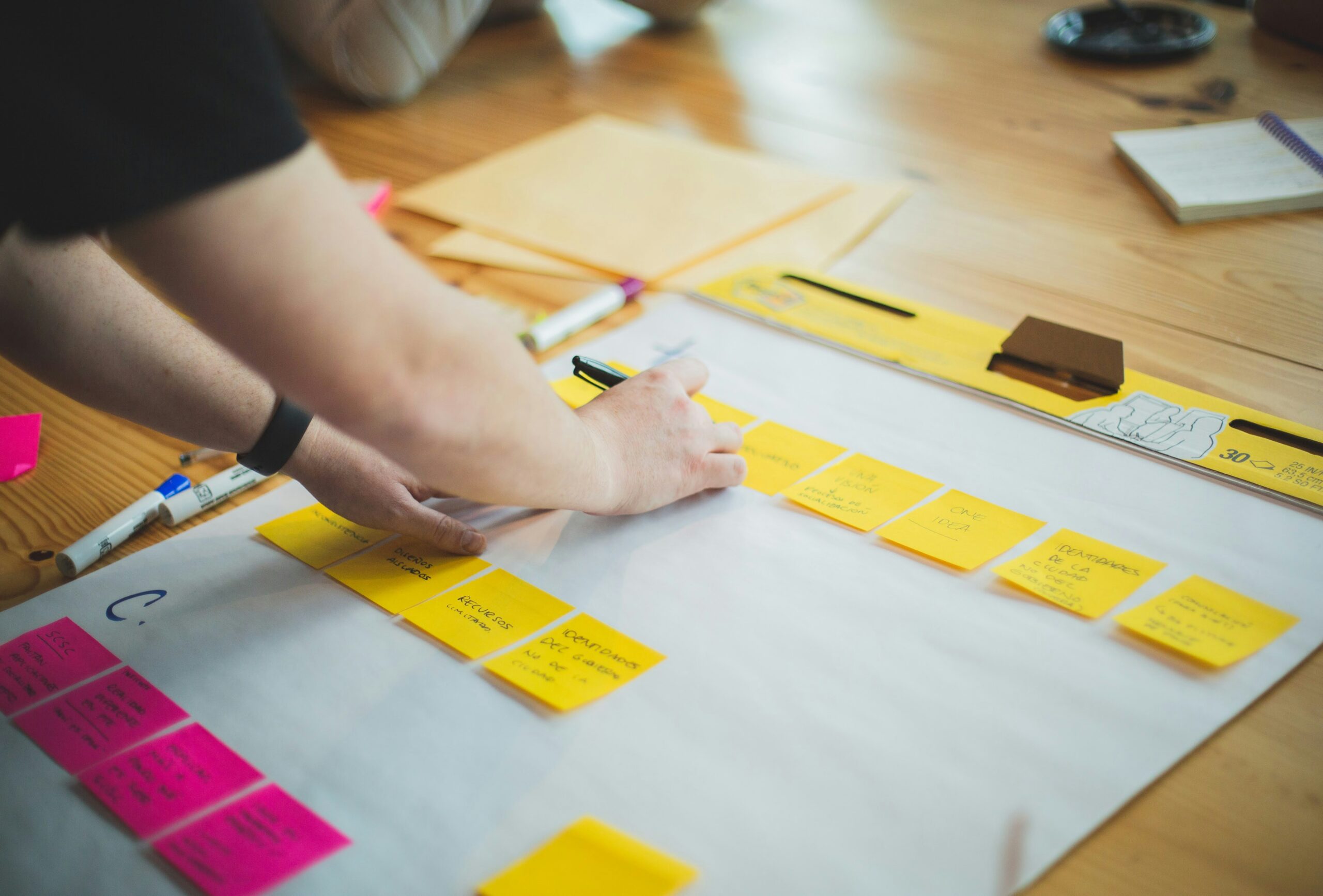2nd July 2024.

Welcome and Introductions
9:00 – 9:15: Welcome and introductions by the organisers
Stage 1: Mapping the Problem Space
9:15 – 9:35: Participant presentations on problematising current IoT design
9:35 – 10:30: Initial discussion on the values underpinning IoT design choices and their impacts on users and society
[10:30 – 11:00: Coffee break]
Stage 2: Envisioning Future Directions
11:00 – 11:20: Participant presentations on best practice in sustainable IoT, and presentation of participants’ IoT design artefacts
11:20 – 12:00: Participants to discuss visions of more sustainable IoT futures within their groups, and map the key attributes of these visions using Miro
[12.00 – 1.00 : Lunch break]
Stage 3: Identifying Legal Triggers and Roadblocks to Change
1:00 – 1:15: Short organiser talk on how current and emerging laws are aiming to shape or address how we build better IoT
1:15 – 1:30: Participant presentations on regulatory and legal issues in relation to IoT
1:30 – 2:10: Discussion within groups on triggers and roadblocks to better IoT, documented using Miro
Stage 4: Developing Research Action Plans
2:10 – 2:40: Discussion within groups to develop research questions, methods and priorities that interface between design
research, law, human-computer interaction and wider social science research.
2:40 – 3:00: Wider discussion and reflection with all participants to synthesise each group’s contributions
[3.00-3.30 : Coffee break]
Stage 5: Demonstrating Tools and Demos
3:30 – 4:30: Time for the participants to explore tool and method demos arising from the Fixing the Future project (card deck, board game), alongside other tools and demos contributed by the participants.
4:30 – 5:00: Wrap-up and discussion of future plans, communication mechanisms and collaboration opportunities.
7:00 – 9:00: Informal networking – head for food/drinks.
WORKSHOP OUTCOMES
Key outcomes from this workshop include:
- establishing the international network of researchers across legal and design research looking at sustainability of IoT;
- mapping out challenges from current design of IoT; showcasing tools developed by participants and organisers;
- establishing roadblocks and triggers to change and how to address these;
- examining the interface between design research and law for designing more sustainable IoT;
- mapping out an agenda of priorities for change, including what problematic design practices need to be addressed and how;
- and envisioning what more sustainable IoT futures would look like.